Résultats de la recherche pour : Paul Airiau
Revue de presse, 14 septembre
Israël
"Des heurts ont opposé lundi, pour la deuxième journée consécutive, des musulmans aux forces de l'ordre israéliennes sur l'esplanade des Mosquées à Jérusalem, à l'occasion du début des célébrations du nouvel an juif, a indiqué la police" — Jérusalem : nouveaux heurts sur l'esplanade des Mosquées (AFP, Le Vif)
"A quelques heures de la célébration de la nouvelle année juive, des affrontements ont éclaté dimanche 13 septembre au matin sur l'esplanade des Mosquée, dans la vieille ville de Jérusalem, entre la police israélienne et des musulmans" — Heurts sur l'esplanade des Mosquées, à Jérusalem-Est (AFP, Le Monde)
Revue de presse, 11 septembre
Arabie Saoudite
"Les Saoudiens ont monté une expédition militaire pour faire le ménage dans leur arrière-cour. Objectif : chasser, à n'importe quel prix, les chiites" — Arabie-Iran : le champ de bataille yéménite (Pierre Beyleau, Le Point)
"L'Arabie saoudite a interdit la diffusion du numéro d'août du magazine National Geographic, dont la photo de couverture montrait le pape François debout, au seuil de la Chapelle Sixtine du Vatican, rapporte le bimestriel américain Foreign Policy (FP), mardi 8 septembre" — Le pape en couverture de National Geographic censuré en Arabie saoudite (C.C. avec FP, La Croix)
Malta
No tourist visiting Malta would nowadays repeat what a traveller to Malta, quoted by John Wignacourt in his 1914 book The Odd Man in Malta, said in 1914 — ‘Malta would have been a delightful place if every priest were a tree…’! Contemporary Malta is much greener than what it was when the Knights of St John were given the arid island in fief in 1530 AD, even though current debate often focuses on the current government’s alleged lack of concern for the environment in its drive to appease the developers. But also because the number of priests has dwindled significantly over the last half a century, and the cry of ‘Malta Kattoliċissima’ (“Malta the most Catholic”) no longer holds sway.
Poland
In Poland, religious freedom is guaranteed by the 1997 Constitution and by international instruments incorporated into Polish law. The country is also party to most European and universal human rights documents. In 2003, the number of Catholics was estimated at 34,443,998 (90.1 % of the entire population), the number of Orthodox Christians at 510,712 (1.34 %) and the number of Protestants at 162,102 (0.42 %). Surveys of the Centre of Public Opinion Research (CBOS) and the Catholic Church Institute of Statistics have shown that 90 % of the Polish population consider themselves a religious person, whereas the latest CBOS survey (2015) reveals that 50 % of the population participates in mass at least once a week (58 % in 2005). The same survey indicates that the proportion of people who do not attend Church services has increased from 9 % in 2005 to 13 % in 2015. Daily prayer is also in steep decline: from 66 % in 2005 to 43 % in 2015.
Romania
A country of twenty million Latin-language speaking inhabitants, Romania is situated on the crossroad of different politic, religious and cultural influences. In the Moldavian and the Walachia principalities, the role of the Byzantine, the Ottoman, and the Russian Empires was essential. As for Transylvania, it was influenced by Vienna, Budapest and Rome. Unavoidably, this historic heritage is closely related to the Romanian religious situation. In ancient Moldavian and Walachia principalities, the dominant Church (87 %) is the Orthodox. In Transylvania, different denominations share the believers with the Orthodoxy: Roman Catholicism (5 %), Greek-Catholicism (Uniatism) (1 %) and the Protestantism, or more precisely Calvinism (3 %), Unitarianism (anti-Trinitarians) (0.3 %) and Lutheranism (0.5 %). Roman Catholicism, Calvinism, Unitarianism, and Lutheranism followers are mainly among the Hungarian community.
Slovenia
The Slovenian national area is one of those areas in Central Europe that entrusted its “nation building” to elites of prevalently Catholic origin as it simply had no other elites. Even a century later these countries, as a rule, still carry the burden of the complex relation between the Church, society and politics, with the majority of their population declaring themselves Catholic. At the end of the 19th century, the clash between Catholicism and modern European society gave birth to political Catholicism. In the Slovenian territory, it ended with the conservative triumphant rise to power in the aftermath of democratization and election reform in the Habsburg monarchy in 1907. In the interwar period, political Catholicism consolidated its rule in the Slovenian territory, which was now part of the Kingdom of Yugoslavia.
Revue de presse, 1er septembre
Boko Haram
"Un reportage de l'agence américaine Crux montre que certains chrétiens nigérians, lassés des attaques de Boko Haram contre leurs églises, souhaitent prendre les armes pour se défendre" — Au Nigeria, des chrétiens tentés de prendre les armes contre Boko Haram (A-B H avec Cruz et Apic, La Croix)
"Près de 80 personnes ont été tuées ce weekend par des membres présumés du groupe islamiste Boko Haram dans l'attaque de trois villages du nord-est du Nigeria, ont indiqué lundi des habitants" — Nigeria : près de 80 personnes tuées par Boko Haram dans trois villages du nord-est (AFP, La Libre)
Revue de presse hebdo, 29 août
Terrorisme islamique
La Belgique apparaît, une fois de plus, comme une base logistique et de repli pour un terrorisme mutant et opportuniste, guidé à distance par l'Etat islamique et son sinistre fanzine, Dar al-Islam — Attaque du Thalys : l'Etat islamique projette sa guerre en Europe (Marie-Cécile Royen, Le Vif L'Express)
France
Mgr Rey, évêque de Toulon, a rompu un cordon de sanitaire vieux de trente ans. Pour la première fois, Marion Maréchal-Le Pen a été conviée à une université d'été catholique, celle qu'il organise chaque année à Sainte Baume, avec l'Observatoire sociopolitique qu'il a créé. Si certains ne voient pas pourquoi il y aurait polémique, d'autres accusent l'Église de contribuer à la dédiabolistion du parti lepéniste — L'invitation de Marion Maréchal-Le Pen par l'évêché du Var trouble l'Église de France (Eugénie Bastié, Le Figaro)
Revue de presse, 28 août
China
"Human rights lawyer and church activists understood to be among people detained after Communist party campaign to take down religious symbols" — China arrests Christians who opposed removals of crosses (Tom Phillips, The Guardian)
"Despite claims that her father is being harassed in China over her association with the spiritual faith, Miss World Canada 2015 refuses to renounce it and her humanitarian work: 'I feel my presence in that country would give people hope'"— Anastasia Lin: a Falun Gong practitioner seeking the Miss World crown – in China (Mali Ilse Paquin, The Guardian)
"Le ralentissement économique qui frappe actuellement la Chine ne l'empêche pas d' investir dans d'autres secteurs, comme le marché halal, dont l'industrie pèse 500 milliards de dollars dans la balance du commerce mondial. Un marché gigantesque coinvoité par la Chine qui a fait de ses relations commerciales avec le monde musulman une de ses priorités économiques" — La Chine veut devenir un géant du halal (Oumma)
La religion du hockey au Canada, du Canadien de Montréal au Québec
À la question : « Est-ce que le hockey au Canada (et en particulier le Canadien de Montréal, le seul club professionnel de hockey sur glace au Québec) peut fonctionner comme une religion ? », l’on peut sans hésiter répondre : « Oui ! » Pour certaines personnes, dans certaines circonstances, le hockey fonctionne comme une religion, au sens large d’une religion civile, invisible ou implicite ou d’une quasi religion, comme, au sens propre, celle d’une médiation entre les êtres humains et Dieu. Faire du Canadien une religion permet en retour de s’interroger sur la notion même de religion.





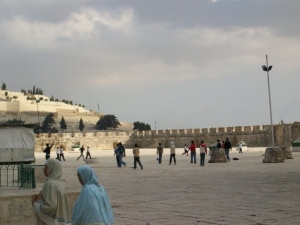
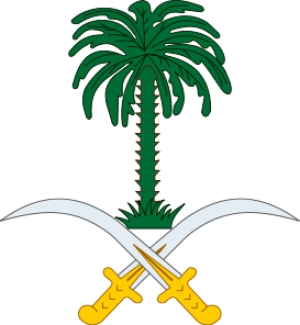
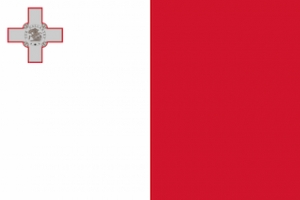
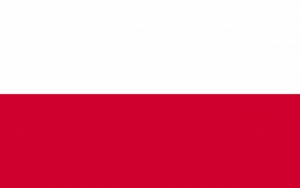
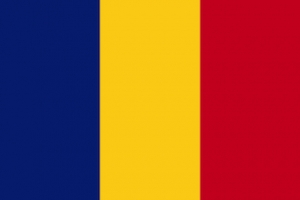
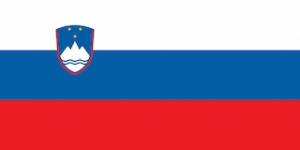
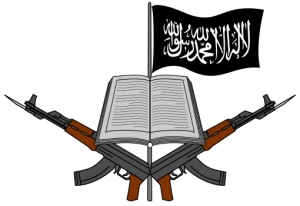
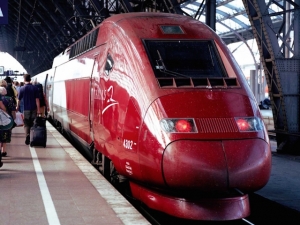
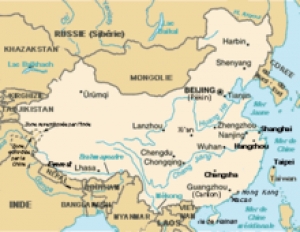
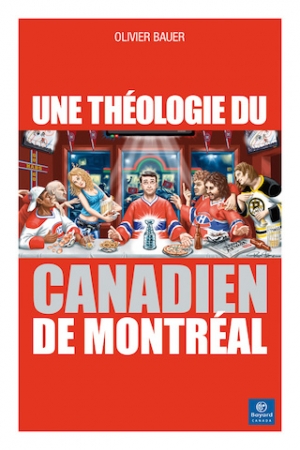
 MangoGem
MangoGem